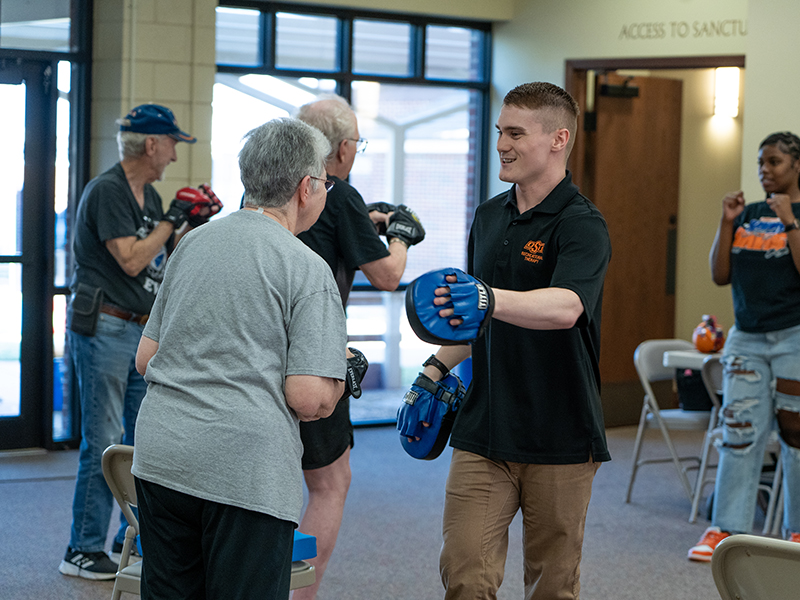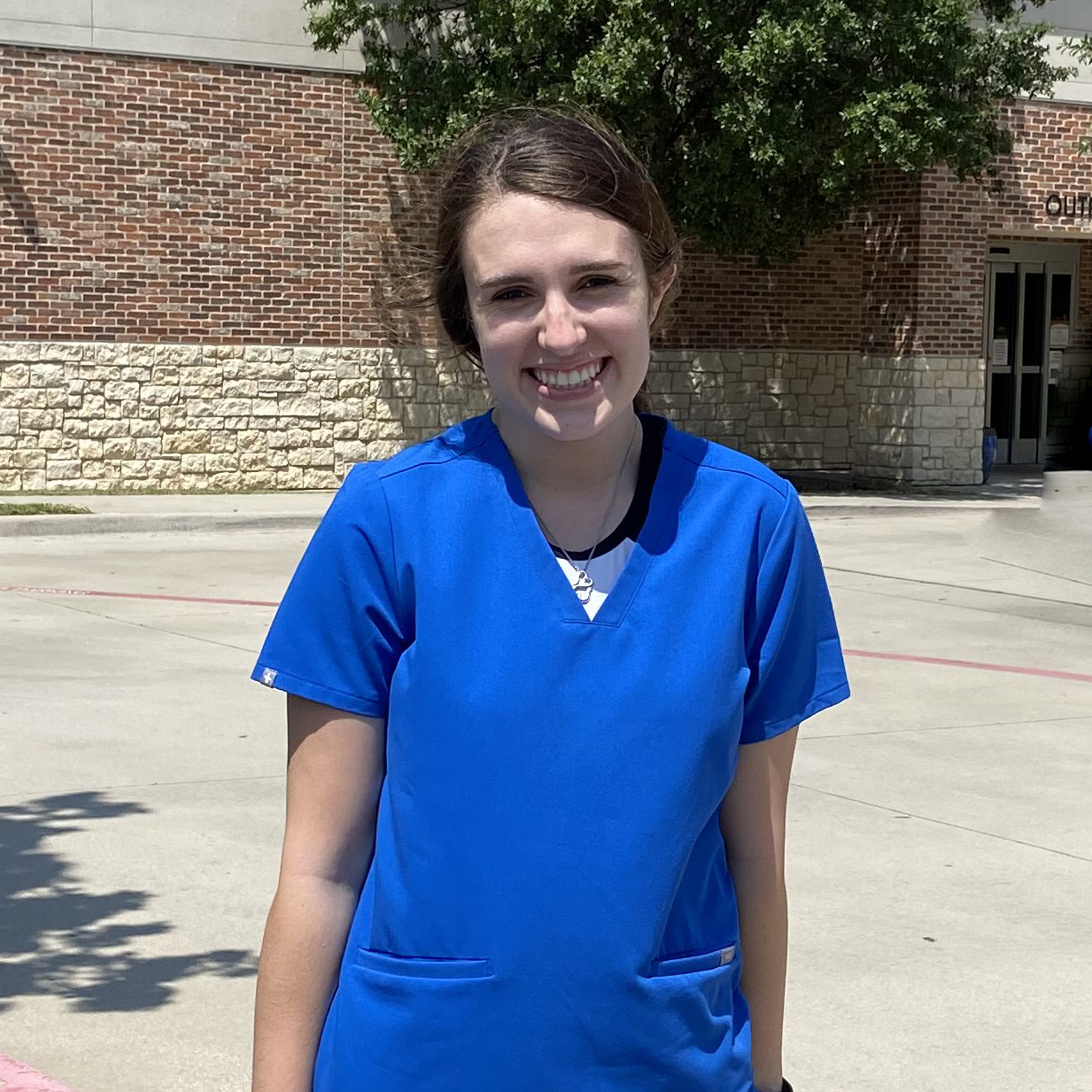Recreational Therapy

What is recreational therapy?
Recreational therapy is using activity-based therapies as treatment for children,
adolescents, adults and older individuals to improve quality of life through physical,
mental, social and emotional wellness.
Why recreational therapy at OSU?
OSU is the only Oklahoma institution to offer this degree program, which is accredited
by the Committee on Accreditation of Recreational Therapy Education (CARTE). Two options
are available to fit your career goals: recreational therapy or occupational therapy
option. Through coursework and four hands-on experiences, students gain knowledge
and skills to work with patients in health care settings and are well prepared for
advanced study in a graduate degree program. Graduates also qualify for the National
Council for Therapeutic Recreation Certification (NCTRC) exam to become a certified
recreational therapist.
